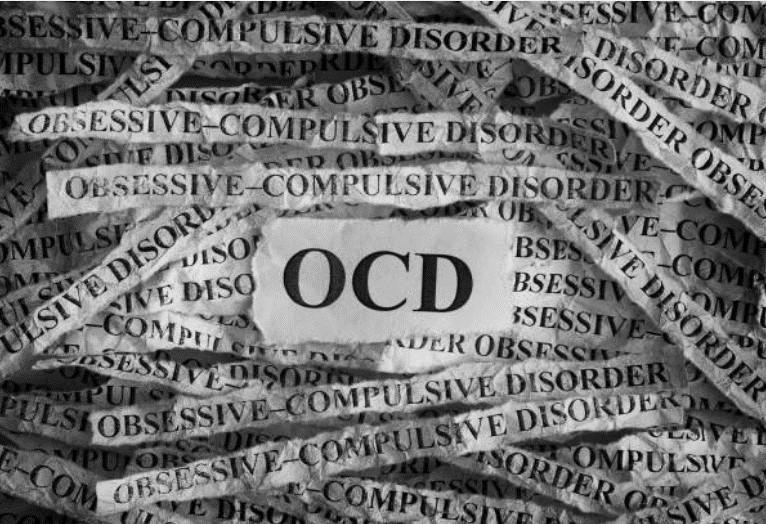
Do you find yourself engaged in excessive, irrational, and repetitive behavior or thoughts where you constantly clean, re-check, or re-arrange? You may have OCD.
Obsessive-Compulsive Disorder is an anxiety disorder followed by a severe obsession for certain things, leading to irrational behavior. For example, people with OCD may re-check if the door is locked a couple of times before leaving the house. Or they may wash their hands more than five times in a row to feel clean.
These are just a few examples. OCD goes way beyond double-checking something or re-arranging. Someone diagnosed with OCD feels obligated to perform certain activities repeatedly, even if they don’t want to; this can complicate their life significantly. According to the World Health Organization, OCD is one of the ten most impairing conditions that decrease the quality of life.
Symptoms of OCD:
OCD can only be diagnosed by trained professionals. According to the National Institute of Mental Health, people with OCD may have symptoms of obsessions, compulsions, or both. However, there are a few ways you can determine if you have OCD.
Compulsions
- Repetitive behavior like washing your hands too much, excessive showering, bathing, and more
- Constantly checking that you’ll not harm others/yourself or that nothing terrible happened to a loved one
- Repeating activities like re-reading, going in or out the doors, touching, tapping, blinking, etc.
- Reviewing events to prevent harm
- Collecting unnecessary items, re-arranging things, seeking reassurance, etc.
- Replacing “bad thoughts” with “good thoughts.”
Understanding OCD:
OCD can affect a person’s life significantly. The repetitive thoughts or actions can disrupt work, relationships, education, and social life to a great extent, where people may start isolating themselves. That’s not it; without proper treatment, OCD can only advance where a person may begin to avoid anything that may trigger fear or unnecessary thoughts.
OCD can also make it difficult for a person to perform daily activities like sleeping, eating, reading, working, etc. It can also trigger other anxiety disorders like panic disorder, social anxiety disorder, and more with time. OCD can also occur with other conditions like Tourette syndrome, eating disorders, attention deficit hyperactivity disorder (ADHD), and much more.
Research suggests that genes or hereditary factors are likely to play a role in the development of OCD. Other factors may include learned behavior associated with relief from anxiety and functional abnormalities in the brain. However, the causes of OCD are not fully discovered and understood yet.
Treatment:
OCD can only be diagnosed by mental health professionals. Several treatment options help treat OCD, including counseling, cognitive behavioral therapy, anxiety management techniques, medications, or support groups. OCD can’t be fully cured, but with specialized treatment options, you can reduce the symptoms significantly. According to International OCD Foundation (IOCDF), treatments for patients diagnosed with OCD should involve Exposure and Response Prevention (ERP), Cognitive Behavioral Therapy (CBT), and medications.
Are you looking for help?
We are licensed professional counselors who work with patients dealing with OCD and other anxiety disorders. We use evidence-based behavioral treatments such as Cognitive Behavioral Therapy (CBT) and Exposure and Response Prevention (ERP) therapy. Our OCD app is coming soon to help everyone dealing with OCD decrease their symptoms. Feel free to contact us today for more information.
